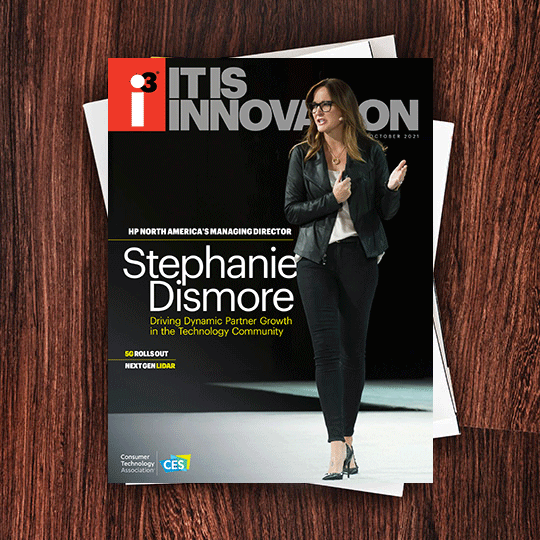Innovation has made installing home tech easier.
How consumers approach smart home technology installation decisions depends on several factors. When deciding on DIY installation, saving money (68%) is the biggest factor, but experience with DIY projects also matters. The study found nearly all DIYers (98%) have prior experience completing a project, with over half (56%) rating their level of experience as “good” or “extensive.” Other factors consumers weigh before tackling a DIY smart home project, include level of complexity (64%), ownership of required tools and materials (61%), and the time required to get the job done (54%).
When it comes to getting support for a home tech install project, most DIYers (76%) consult the product manual or installation instructions. However, nearly as many (72%) turn to “how to” online videos. And significantly, half of DIYers contact customer service or product support. For industry, these findings underscore the importance of multiple support options to meet DIYers where they are most comfortable. Should a DIY home technology product installation not be successful, more than half (54%) of DIYers say they are likely to resort to a professional installer, and one-third (33%) are likely to return the product to the store.
But what about those consumers who prefer to leave installation projects to the pros? To get the job done, consumers usually turn to utility service providers (36%), specialty trades such as electricians (34%) or retailer installation services like Best Buy’s Geek Squad (29%). Selecting a professional installer involves a few key considerations. Naturally, cost (74%) tops the list, but warranty for services provided is nearly (73%) as important. Time requirements and scheduling is another factor in selecting a profession installer; echoing the DIYer’s consideration for the time involved for an install project.
Some retailers offer free installation with the purchase of home technology solutions. Not surprisingly, most consumers (63%) say free installation service is an important consideration when deciding where to buy. Among consumers who have used free and paid professional installers, most (84%) noticed a difference in the quality of service with half (53%) noting that the service provided by the free installer was superior. To learn more about how consumers approach home technology installation, service and support decisions, check out the full study at CTA.tech/Research

I3, the flagship magazine from the Consumer Technology Association (CTA)®, focuses on innovation in technology, policy and business as well as the entrepreneurs, industry leaders and startups that grow the consumer technology industry. Subscriptions to i3 are available free to qualified participants in the consumer electronics industry.